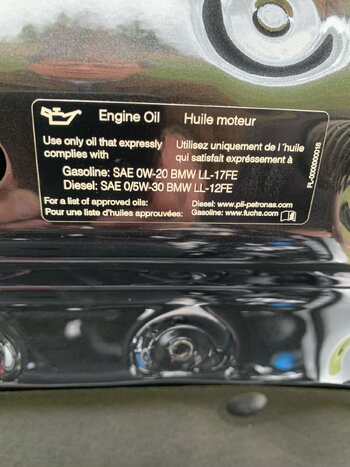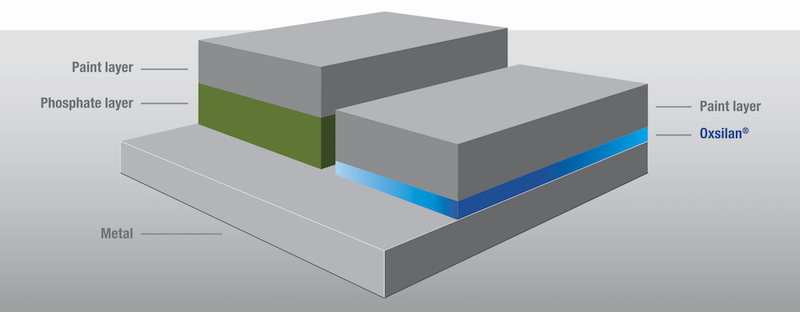You want the waxes to be compatible and don't really want to add waxes that might create 'pooling' that ends up removing cover in high build areas. As I said it's complicated and a bit counter intuitive but maybe have a read about floodwaxing.

Totally agree -- that viscosity is critical. You need it "fluid" enough to self-heal, but firm enough to stay put with a decent protective layer on top, and not flow into pools. I will look more into it but that Flood Waxing seems to be more about application technique as opposed to product, and it's very similar to how Rust Chek does it here. They will actually do interior cavities via drilling holes the first time that are then plugged with rubber grommets for future applications. Then they stick a fancy wand up into the hold and flood the insides of doors, rocker panels, etc. It's minimally invasive and in many cases they don't even need to drill a hole as manufacturers already have them in there, but an extra $50 in cash to the person doing the job generally gets you a "dripping" vehicle afterwards (as in, the wax drips out of it for a few days, so you can be confident the interior cavities are reasonably well coated).
The oil itself is that mid-viscosity, flows-but-sticks texture. On exterior surfaces, like the frame or underside, it does eventually get "water/sand blasted" off by highway speeds as I mentioned, which is why re-application is a good idea. But, internal cavities likely do not need re-application (but it doesn't hurt to be through so I get them to do it anyway).
And, if you are keen, you can DIY this too. You can get hoses that will attach to the end of the FluidFilm canister specifically designed for internal cavities like frames, doors, rockers, etc. I did it myself. Once.
By the time I finished cleaning up, throwing out the clothes I ruined, and dealing with the mess in the driveway AND the insecurity as to whether or not I got everything I needed to -- well, let's just say all of a sudden $200 at RustChek became a bargain at twice the price!
Here's a good video comparing some different products:






